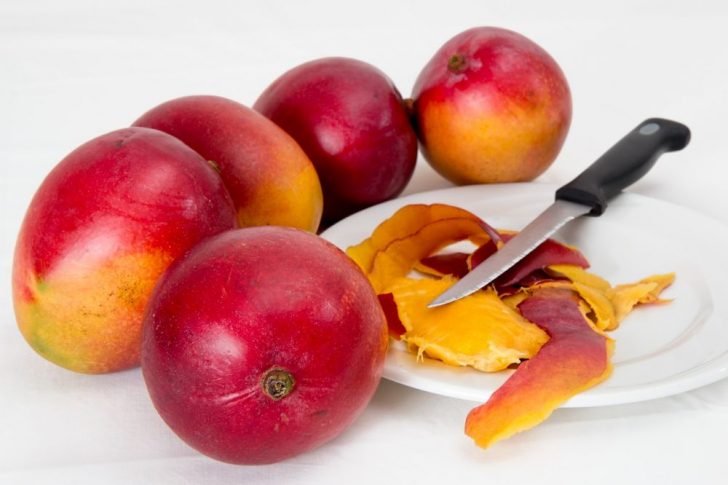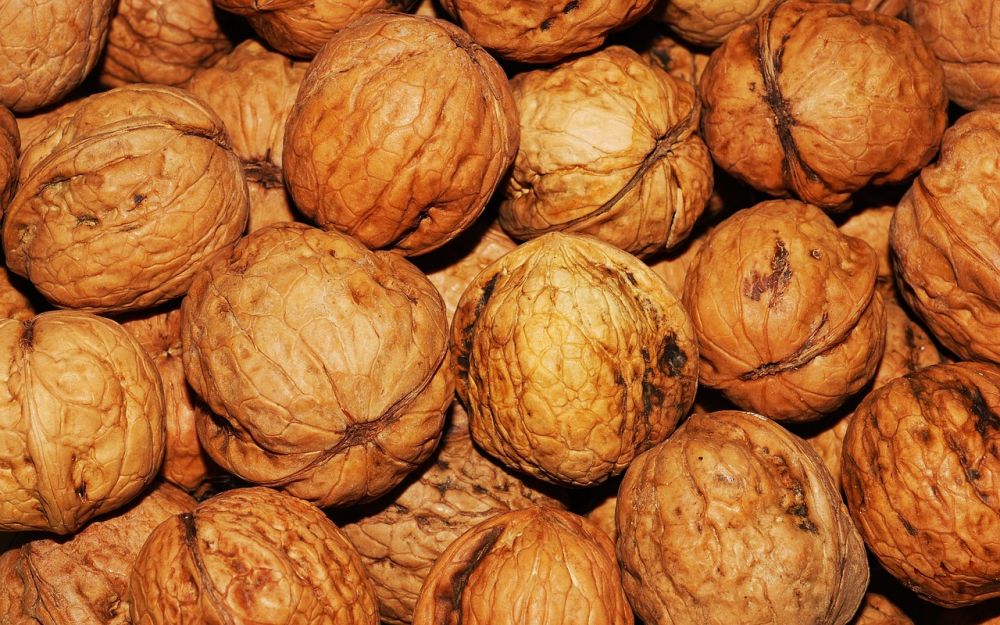Juice Diet: A Comprehensive Guide to the Popular Trend

Introduction:
In recent years, the juice diet has gained significant popularity among individuals looking to improve their health and maintain a balanced lifestyle. This article aims to provide a thorough overview of the juice diet, including its definition, various types, popularity, and quantitative measurements. Additionally, we will discuss the differences between different juice diets and delve into the historical pros and cons associated with this trend.
1. What is Juice Diet?
The juice diet, also known as juice fasting, involves consuming only fruit and vegetable juices for a specified period. It is believed to detoxify the body and help achieve weight loss goals. By eliminating solid foods and relying solely on juices, individuals hope to provide their bodies with essential nutrients while giving the digestive system a break.
2. Types of Juice Diet:

a. Fruit Juice Diet: This type of juice diet primarily focuses on consuming fresh fruit juices. Apples, oranges, berries, and watermelon are commonly used fruits for juice extraction. Fruit juice diets are popular for their refreshing taste and natural sweetness.
b. Vegetable Juice Diet: Unlike fruit juice diets, vegetable juice diets involve consuming juices extracted from leafy greens, carrots, celery, cucumbers, and other vegetables. These diets are often chosen by individuals looking to increase their vegetable intake and promote optimal nutrition.
c. Combination Juice Diet: As the name suggests, combination juice diets combine both fruits and vegetables to create a well-rounded juice blend. This type of diet allows individuals to benefit from the nutritional content of both fruits and vegetables.
3. Popular Juice Diets:
a. The Master Cleanse: This diet gained prominence with its celebrity endorsements and promises of quick detoxification and weight loss. It involves a mixture of lemon juice, cayenne pepper, maple syrup, and water.
b. Green Juice Cleanse: This type of juice diet focuses primarily on consuming green, leafy vegetables such as kale, spinach, and wheatgrass. Advocates believe it helps balance pH levels, detoxify the body, and boost energy.
c. Cold Pressed Juice Cleanse: Cold-pressed juices are made by using high-pressure processing, resulting in a nutrient-dense juice. These juices are often sold in packaged sets, providing a convenient option for those looking to embark on a juice cleanse.
4. Quantitative Measurements of Juice Diet:
a. Nutritional Content: Juice diets can provide an abundance of vitamins, minerals, and antioxidants. However, due to the lack of fiber and protein, it is essential to ensure that these diets are supplemented with other sources of nutrition to maintain a balanced diet.
b. Weight Loss: Some individuals turn to juice diets as a means of weight loss. However, the effectiveness of juice diets in long-term weight management is still a matter of debate. It is crucial to consult a healthcare professional before embarking on any extreme diet plan.
5. Differences Between Juice Diets:
Juice diets can vary significantly in terms of ingredients, duration, and purpose. While some focus on fruit juices, others emphasize vegetable blends or a combination of both. The duration of the diet can range from a few days to several weeks, depending on individual goals. Additionally, some juice diets are specifically designed for detoxification, while others target weight loss or overall well-being.
6. Historical Pros and Cons of Juice Diets:
a. Pros:
– Detoxification: Juice diets are believed to help eliminate toxins from the body, promoting overall well-being.
– Nutrient Boost: Juices offer a high concentration of essential vitamins, minerals, and antioxidants that nourish the body.
– Hydration: Fruit and vegetable juices provide essential hydration, contributing to optimal bodily functions.
b. Cons:
– Nutritional Deficiencies: Juice diets lack essential macronutrients like fiber and protein, which may lead to nutrient deficiencies if followed for an extended period.
– Unsustainable: Juice diets can be challenging to maintain in the long run, as they often require a significant commitment and lifestyle adjustments.
– Potential Health Risks: Rapid weight loss associated with juice diets may have adverse effects on metabolic health and lead to muscle loss if not supplemented with adequate nutrients.
Conclusion:
The juice diet trend offers individuals an opportunity to kickstart their journey towards a healthier lifestyle. With various types and popular diets to choose from, it is essential to approach juice diets with caution and seek guidance from healthcare professionals. Incorporating juice diets as part of a balanced approach to nutrition can yield positive results, but they should not be seen as a long-term solution.
Remember, before starting any diet or lifestyle change, it is crucial to consult with a healthcare professional to determine the right approach for your individual needs and goals. With the right guidance, the juice diet can be a beneficial tool for promoting overall health and well-being.
FAQ
Are juice diets effective for weight loss?
What are the pros and cons of juice diets?
What is a juice diet?
Fler nyheter
Tandimplantat – en hållbar lösning för naturligt vackra tänder
Introduction: In recent years, the juice diet has gained significant popularity among individuals looking to improve their health and maintain a balanced lifestyle. This article aims to provide a thorough overview of the juice diet, including its def...
Veronica Urena
11 mars 2024
Tandläkare i Södertälje: Din guide till oralt välbefinnande
Introduction: In recent years, the juice diet has gained significant popularity among individuals looking to improve their health and maintain a balanced lifestyle. This article aims to provide a thorough overview of the juice diet, including its def...
Veronica Urena
11 mars 2024
Smashburgare: Stockholms svar på den stora burgartrenden
Introduction: In recent years, the juice diet has gained significant popularity among individuals looking to improve their health and maintain a balanced lifestyle. This article aims to provide a thorough overview of the juice diet, including its def...
Maja Bergman Lindberg
06 mars 2024
Vad gör en psykiatriker i Stockholm?
Introduction: In recent years, the juice diet has gained significant popularity among individuals looking to improve their health and maintain a balanced lifestyle. This article aims to provide a thorough overview of the juice diet, including its def...
Maja Bergman Lindberg
14 februari 2024











